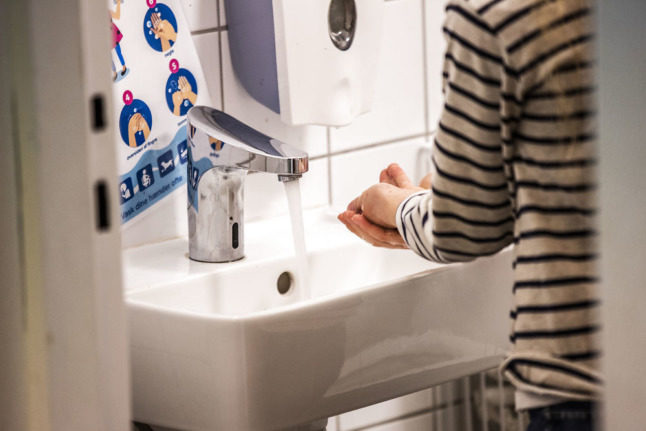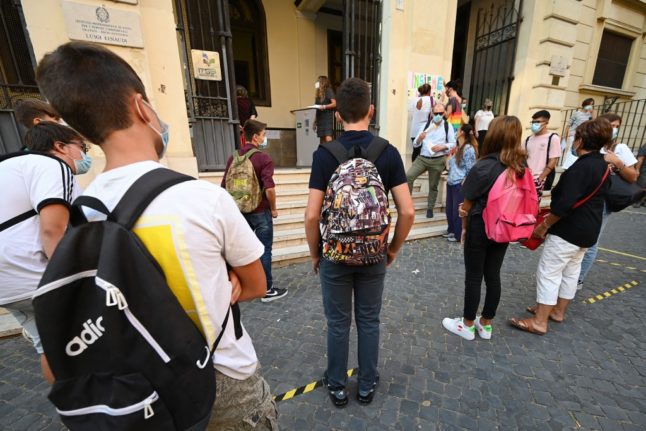The decision to offer Covid screening to first graders and older children was made based on recommendations from health authorities and the current infection situation in Denmark, the ministry said in a press release.
“The virus is unfortunately prominent at schools and is spreading amongst children. Fortunately, children are rarely hard-hit by corona, but they can still initiate infection chains,” Health Minister Magnus Heunicke said in the statement.
Such infection clusters can “end by reaching elderly and vulnerable members of society”.
“Screening tests down to grade 1 will be a valuable tool to catch infections and can help to put a stop to them,” the minister added.
Previously, screening has begun at grade 3, or age 9 years and above.
Screening tests are now recommended twice a week for staff and children at schools if they are unvaccinated or have not been infected with the coronavirus within the last six months.
Denmark offers Covid-19 vaccination to children aged 12 and above.
Children younger than first grade – in other words, kindergarten and pre-school children aged 3 years and above – should be tested on the same day and the fourth and sixth day after a potential close contact with the virus if they do not have symptoms, according to ministry guidelines. This recommendation is unchanged from earlier practice.
Covid-19 infection levels amongst school children have reached record levels for the pandemic for the third consecutive week, according to data released on Thursday by the national infectious disease agency State Serum Institute (SSI).
READ ALSO: Danish parliament likely to back return of face masks
Last week saw 1,328 infections per 100,000 in the 6-11 years age group.
Although Covid-19 infections remain at a high level throughout society, SSI said that the virus is “clearly” most prevalent in children currently.
“Infections amongst 6-11 year-olds are helping drive the pandemic right now, and many large outbreaks are still being reported at schools,” SSI departmental medical advisor Rebecca Legarth said in a statement.
The 6-11 age group is not offered a vaccination under the Danish Covid vaccination programme.
“Generally, incidence is increasing right now in all age groups regardless of whether they are vaccinated or not. But there’s no doubt that infection is at a higher level amongst the unvaccinated,” Legarth also said.
The EU’s drug agency EMA on Thursday cleared Pfizer’s Covid-19 vaccine for use in children aged five to 11, the first jab to be approved for the cohort.
This means the EU Commission will now likely approve the vaccine for children aged 5 to 11 but the ultimate decision over whether to roll out the Covid jab to young kids will rest on the governments of each member state, including Denmark.
READ ALSO: EU approves first Covid jab for children aged 5 to 11



 Please whitelist us to continue reading.
Please whitelist us to continue reading.
Member comments